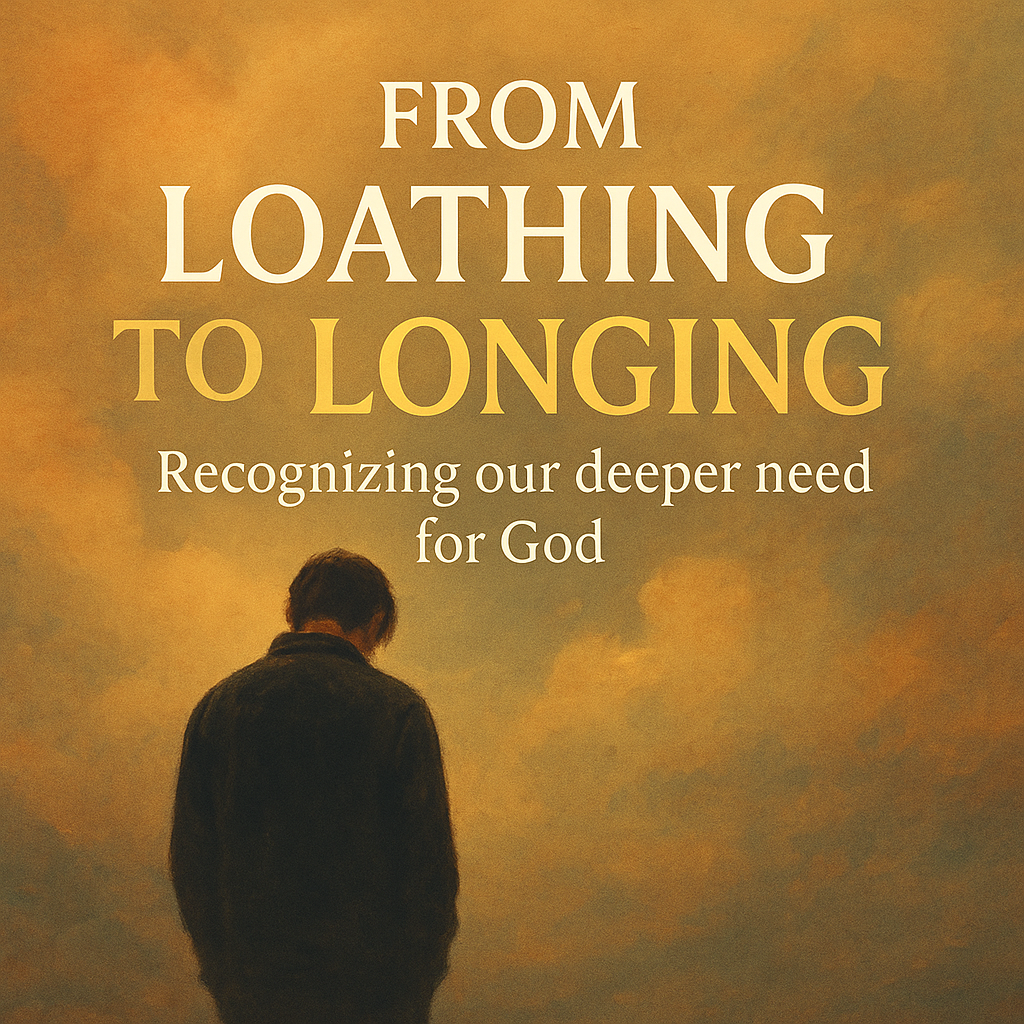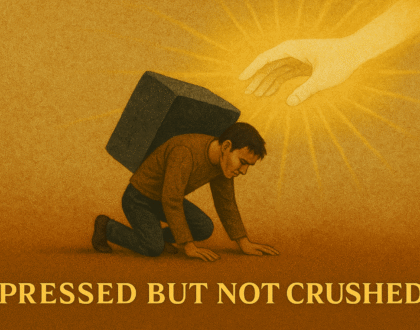From Loathing to Longing

From Sunday’s Sermon
In the journey of faith, we often encounter feelings that are difficult to name—emotions that seem like loathing, whether directed at others or ourselves. Drawing from the story of Glinda and Elphaba in the musical Wicked, we see how what appears as hatred toward another is often a reflection of our own inner brokenness and insecurity. The loathing we project outward is frequently a misnamed longing within, a deep desire for acceptance, love, and grace. Scripture reveals that wickedness is not just about outward actions, but about the inward rot of the heart—twisted motives, distorted truth, and the refusal to take responsibility for our own shortcomings.
The Bible’s teaching on wickedness is sobering. Proverbs, Matthew, and Isaiah all point to the ways we twist words, shift blame, and distort reality to avoid facing our own fears and failures. The parable of the talents in Matthew 25, often misunderstood, shows that wickedness is not just about what we do, but why we do it. The servant who buried his talent was not condemned for his action, but for his motive—fear and blame rather than honesty and responsibility. This inward corruption, or poneros (Greek for “wicked”), is what Jesus exposes and seeks to heal.
Yet, beneath every feeling of loathing—whether toward others or ourselves—there is a sacred longing. The story of Corrie Ten Boom forgiving her sister’s tormentor in a concentration camp illustrates how, when we bring our loathing to Christ, He reveals the longing beneath it and meets us with His power and grace. Jesus, on the cross, took upon Himself all our finger-pointing, blame-shifting, and truth-distorting, and transformed it into forgiveness and redemption. The invitation is to stop misnaming our pain and instead bring our deepest longings to Christ, who alone can redeem and satisfy them.
As we come to the table of communion, we are invited to recognize our longings, to confess our loathing, and to receive the grace that Christ offers. This grace is not just symbolic, but real and abundant, meeting us in our brokenness and leading us on the journey toward redemption. The gospel proclaims that when our loathing turns to longing, even the wicked can live. May we have the courage to look within, to name our longings, and to receive the transforming grace of Jesus.
Key Scriptures
Proverbs 2:12
Matthew 25:24-26
Proverbs 10:23
Isaiah 5:20
Key Takeaways
- Wickedness is Rooted in Motive, Not Just Action – The biblical concept of wickedness goes far deeper than outward behavior; it is about the motives and intentions of the heart. Even actions that appear righteous can be corrupted by fear, blame, or self-justification. True transformation begins when we allow God to reveal and heal the rot within, rather than merely managing our external conduct. [31:57]
- Blame-Shifting and Deflection Prevent Healing – When we point fingers at others or make excuses for our failures, we block the path to genuine healing and growth. Scripture repeatedly warns against this tendency, reminding us that confession and self-examination are prerequisites for deliverance. Only by owning our part can we experience the freedom Christ offers. [28:22]
- Distorted Truths Lead to Spiritual Blindness – Wickedness often manifests in the way we twist reality—calling evil good and good evil, or renaming sin to avoid conviction. This distortion not only blinds us to our need for grace but also perpetuates cycles of injustice and self-deception. The call is to let Christ’s truth set us free by naming things honestly and seeking wisdom. [35:53]
- Beneath Loathing Lies Sacred Longing – The feelings of loathing we experience—toward others or ourselves—are often signposts pointing to deeper longings for acceptance, forgiveness, and love. When we bring these feelings to Christ, He reveals the sacred hunger beneath and meets us with His transforming power. Our task is to stop misnaming our pain and allow God to satisfy our true desires. [40:55]
- Christ Redeems Our Brokenness Through Grace – Jesus took upon Himself all our blame, shame, and distorted truths, offering us forgiveness and new life. Communion is a tangible reminder that God meets us in our longing, not just with words but with real grace. As we receive, we are invited to journey out of self-loathing and into the abundant life Christ promises, trusting that redemption is possible for all who turn to Him. [43:32]
Questions for Refection
The sermon said, “You can’t get healed if you won’t get honest.” Is there an area in your life where you tend to shift blame or avoid responsibility? What would it look like to confess that honestly to God or someone you trust?
Think about a time when you felt strong dislike or even loathing toward someone else. Looking back, can you identify any deeper longing or insecurity that was really at the root of that feeling?
The parable of the talents shows that even “safe” or “righteous” actions can be motivated by fear or blame. Are there any good things you do that might actually be driven by fear, insecurity, or a desire to avoid criticism?
The story of Corrie Ten Boom shows that forgiveness is sometimes impossible in our own strength, but possible with Christ. Is there someone you struggle to forgive? What would it look like to bring that struggle to Jesus and ask for His help?
The sermon invites us to bring our longings and our loathing to Christ, especially as we come to communion. What is one longing or area of brokenness you want to bring to Jesus this week? How can you make space to do that?
Recommended Posts

The Pressing Weight of Wickedness
October 7, 2025

Defying Gravity: Rising Above What Pulls You Down
October 2, 2025

God’s Heartbreak
September 22, 2025
